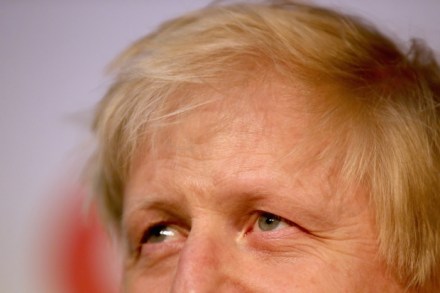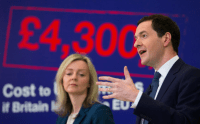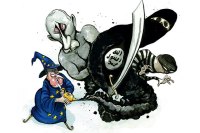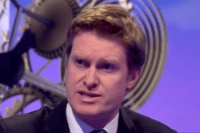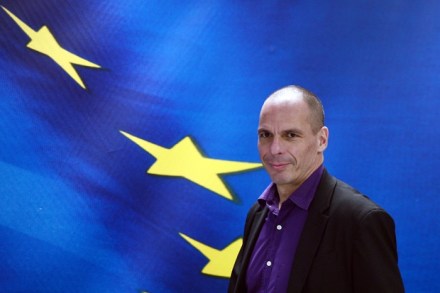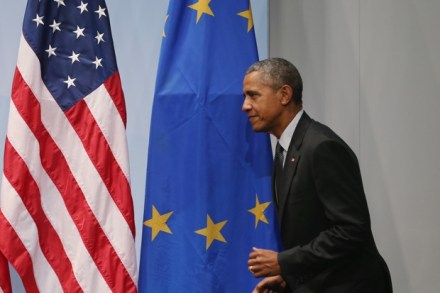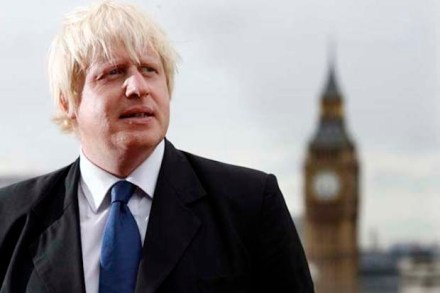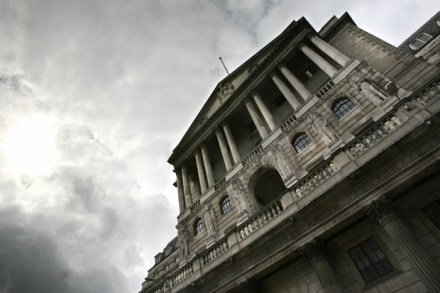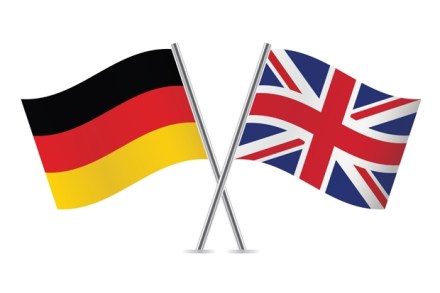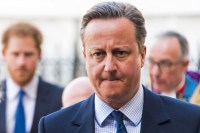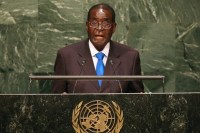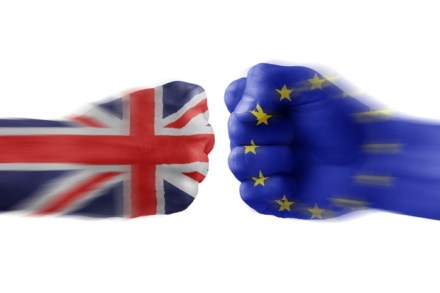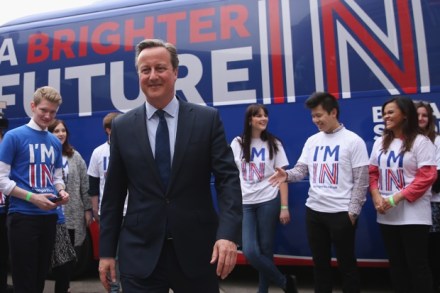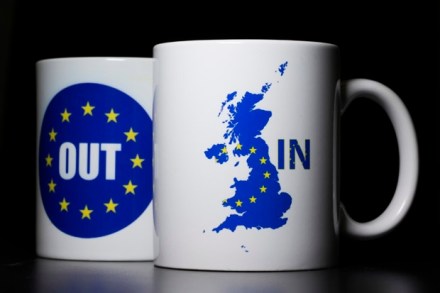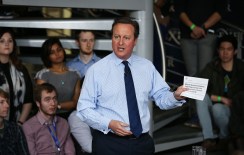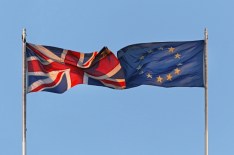Has Boris finally realised why Turkey shouldn’t join the EU?
So good to see Boris Johnson making the obvious case for Brexit, namely that the Turks are at the door. And it’s not just the imminent prospect of visa-free travel for 75 million of them as part of the deal that Angela Merkel struck with that problematic individual, Recep Erdogan, that we’ve got to worry about. The other, longer-term threat of Turkey actually joining the EU should also be cause for concern. That process has been expedited, too, as part of the Greek migrant exchange which the Pope was so cross about. As ever, Mr Johnson put his finger on the nub of the problem, in an interview with the Sunday
